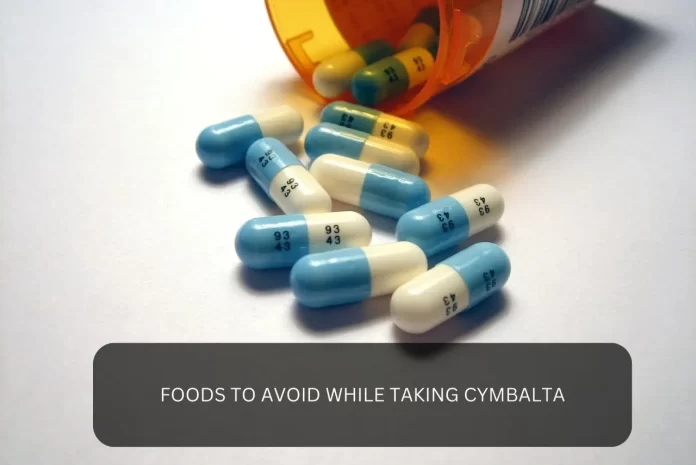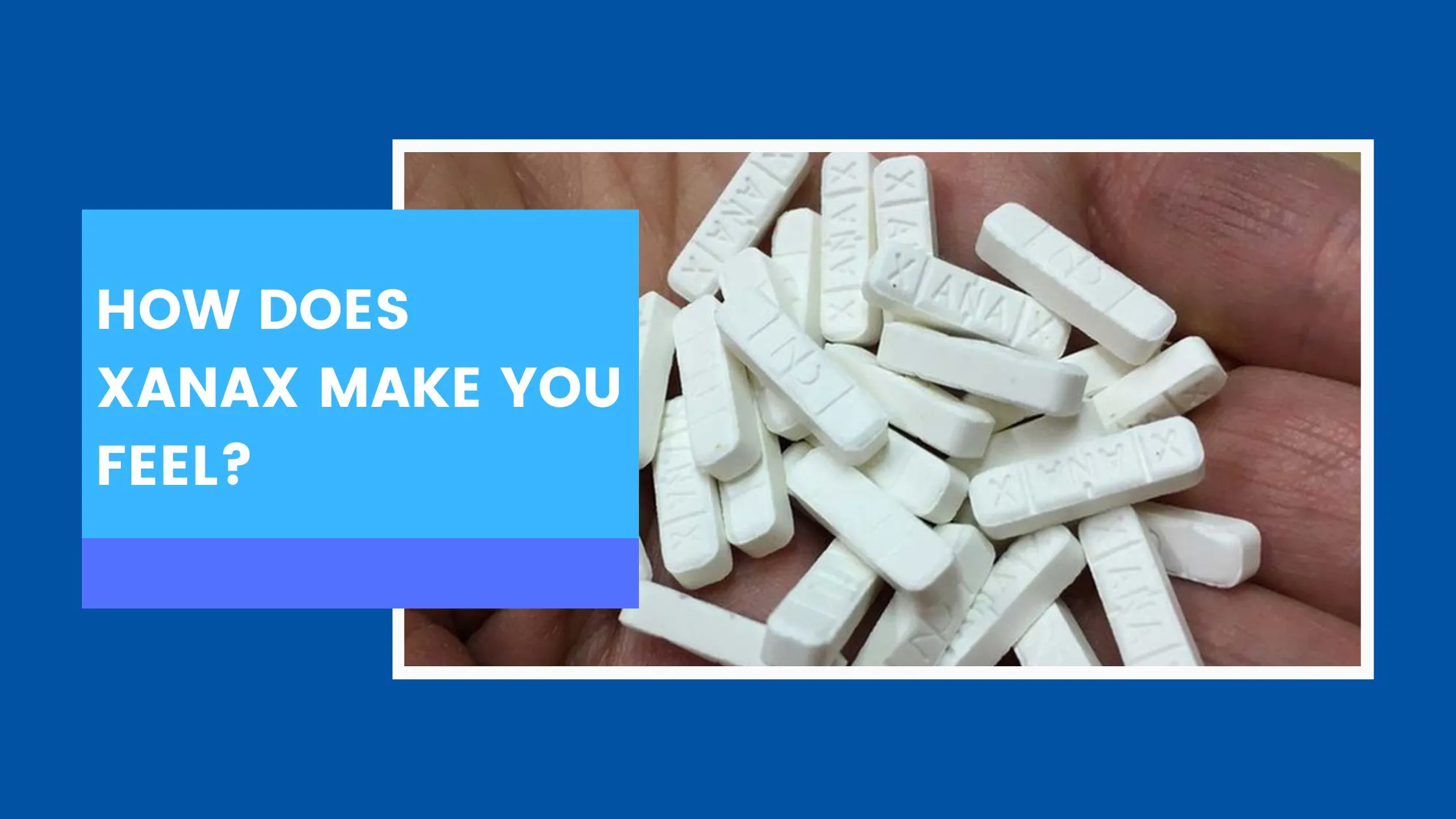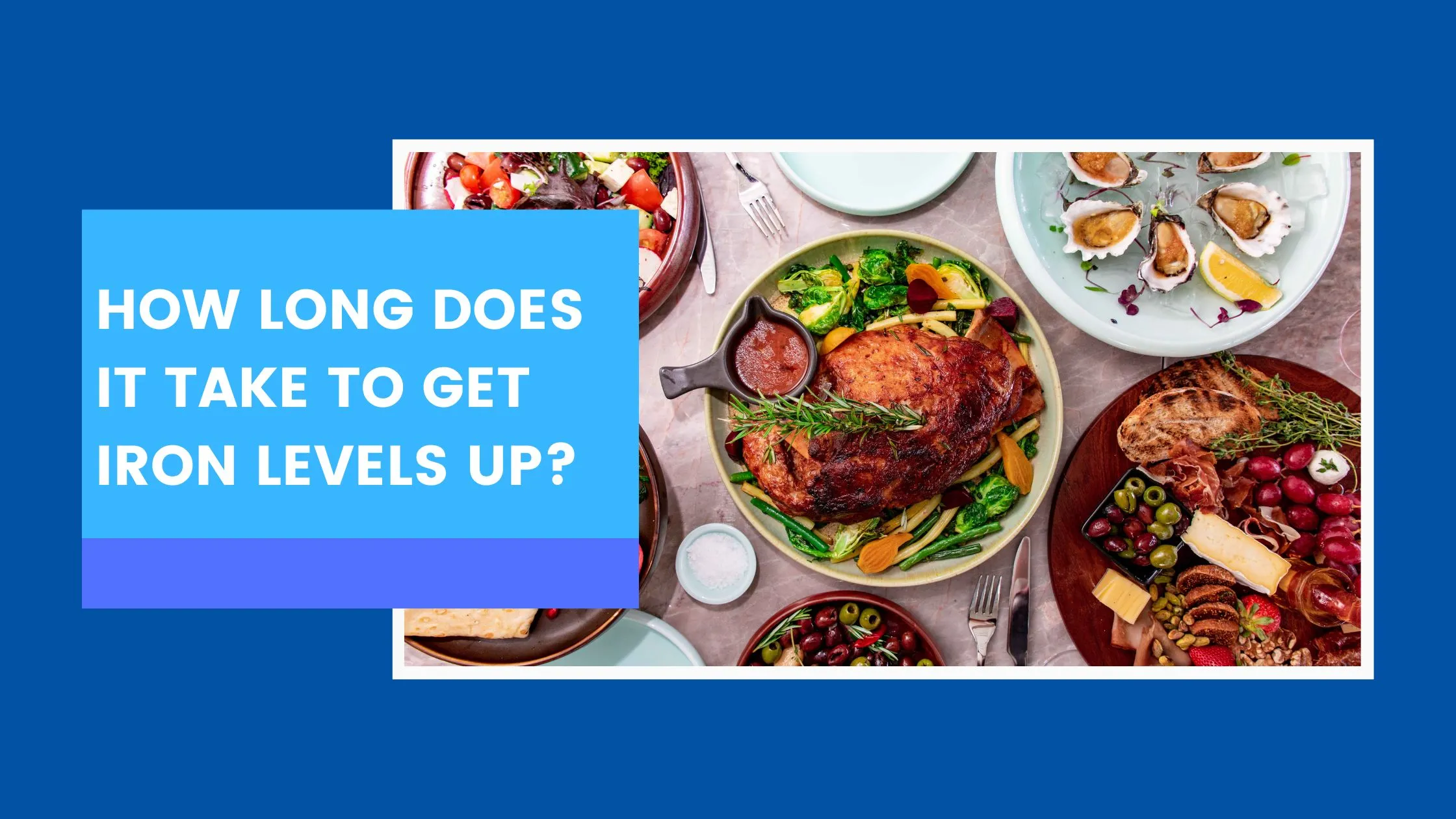When initiating a new medication, it is crucial to be mindful of potential side effects and how it may interact with other drugs, foods, and beverages.
Cymbalta is a pharmaceutical prescribed for the treatment of depression, anxiety, and chronic pain. Unlike typical depression medications, Cymbalta does not exhibit any documented adverse food interactions. Nonetheless, there are other factors that can influence the effectiveness of Cymbalta within the body.
This article aims at foods to avoid while taking cymbalta, highlight foods that should be avoided while consuming it, and delve into its potential interactions and side effects.
What Is Cymbalta?
Cymbalta, also known as duloxetine, is a medication that falls under the category of serotonin and norepinephrine reuptake inhibitors (SNRIs). It is designed to elevate the levels of neurotransmitters such as serotonin and norepinephrine in the brain. These neurotransmitters play a crucial role in regulating mood, stress, digestion, and the perception of pain.
Cymbalta has obtained approval from the Food and Drug Administration (FDA) for the treatment of the following conditions:
- Major depressive disorder (MDD) or clinical depression
- Generalized anxiety disorder (GAD)
- Diabetic peripheral neuropathic pain (DPNP)
- Chronic musculoskeletal pain
- Fibromyalgia
Side Effects of Cymbalta
Antidepressants typically require a few weeks to take effect, and it is common to experience side effects during this adjustment period as your body adapts to the medication. Cymbalta, in particular, may elicit the following side effects:
- Nausea
- Dizziness
- Fatigue
- Dry mouth
- Insomnia
- Decreased appetite
- Constipation
- Diarrhea
As your body becomes acclimated to the medication, these side effects should gradually diminish.
Always adhere to the instructions provided by your healthcare provider regarding the usage of Cymbalta. It is essential not to alter your dosage or discontinue the medication without consulting with them, as abrupt cessation can lead to withdrawal symptoms
Exercise caution when engaging in activities such as driving or operating heavy machinery until you are aware of how the medication affects you.
If any of the following side effects are severe or persist, it is advisable to consult your healthcare professional:
- Nausea
- Vomiting
- Constipation
- Diarrhea
- Weight loss or weight gain
- Changes in appetite
- Heartburn
- Stomach pain
- Dry mouth
- Increased urination
- Excessive sweating (hyperhidrosis)
- Dizziness
- Headache
- Fatigue and/or drowsiness
- Muscle pain or cramps
- Decreased libido and/or sexual dysfunction
- Uncontrollable shaking
When Cymbalta is prescribed to a child, it is crucial to closely monitor their mood and symptoms. It is not uncommon for certain individuals, particularly young adults between the ages of 18 and 24 who have Major Depression Disorder (MDD), to experience initial suicidal thoughts when starting antidepressant treatment.
Foods to Avoid While Taking Cymbalta
Certain older types of antidepressants, such as monoamine oxidase inhibitors (MAOIs) and tricyclic antidepressants (TCAs), can potentially interact negatively with specific foods to avoid while taking cymbalta. In the case of MAOIs, they can impede the breakdown of tyramine, an amino acid present in various foods like aged cheeses, fruits, fava beans, certain meats and fish, and alcohol. This interaction can lead to increased blood pressure when these foods are consumed alongside MAOIs.
However, unlike these older antidepressants, Cymbalta does not exhibit similar interactions. In most cases, unless specifically advised by your healthcare provider to avoid certain foods, you can continue with your normal diet without any risk of interaction.
To minimise the risk of serotonin syndrome, it is advisable to refrain from consuming excessive amounts of caffeine. Serotonin syndrome is a serious and potentially life-threatening condition that can occur when there is an excessive accumulation of serotonin in the body. The symptoms of serotonin syndrome may include diarrhea, restlessness, sweating, muscle twitching, shivering, fever, irregular heartbeat, and high blood pressure. It is important to be mindful of caffeine intake to mitigate the chances of experiencing this adverse reaction.
FAQ
Q1: How long does it take for Cymbalta to work?
Ans: Cymbalta typically takes a few weeks to start showing its therapeutic effects.
Q2: Can Cymbalta be taken at night?
Ans: Cymbalta can be taken either in the morning or at night, depending on the individual’s preference and guidance from their healthcare provider.
Q3: Is Cymbalta addictive?
Ans: Cymbalta is not considered addictive, but it may cause withdrawal symptoms if abruptly stopped. Gradual tapering is recommended.
Q4: What should I do if I miss a dose of Cymbalta?
Ans: If you miss a dose, take it as soon as you remember. However, if it is close to the time for your next scheduled dose, skip the missed dose and continue with your regular dosing schedule.
Q5: Can Cymbalta be taken with alcohol?
Ans: It is generally recommended to avoid alcohol while taking Cymbalta due to potential interactions and increased risk of side effects.






